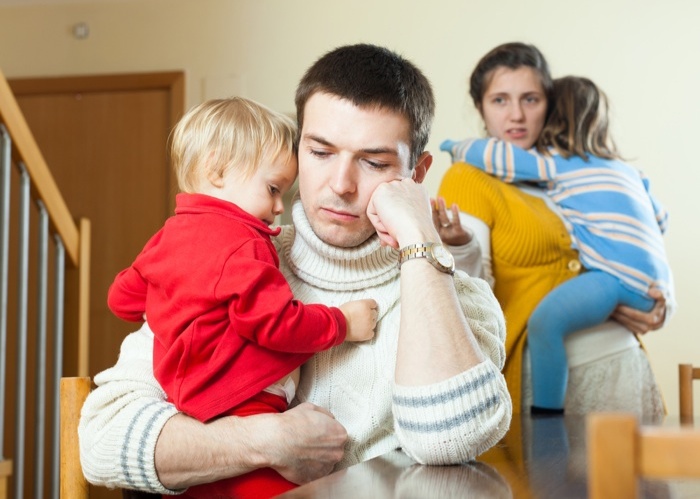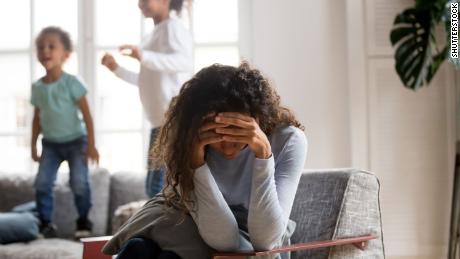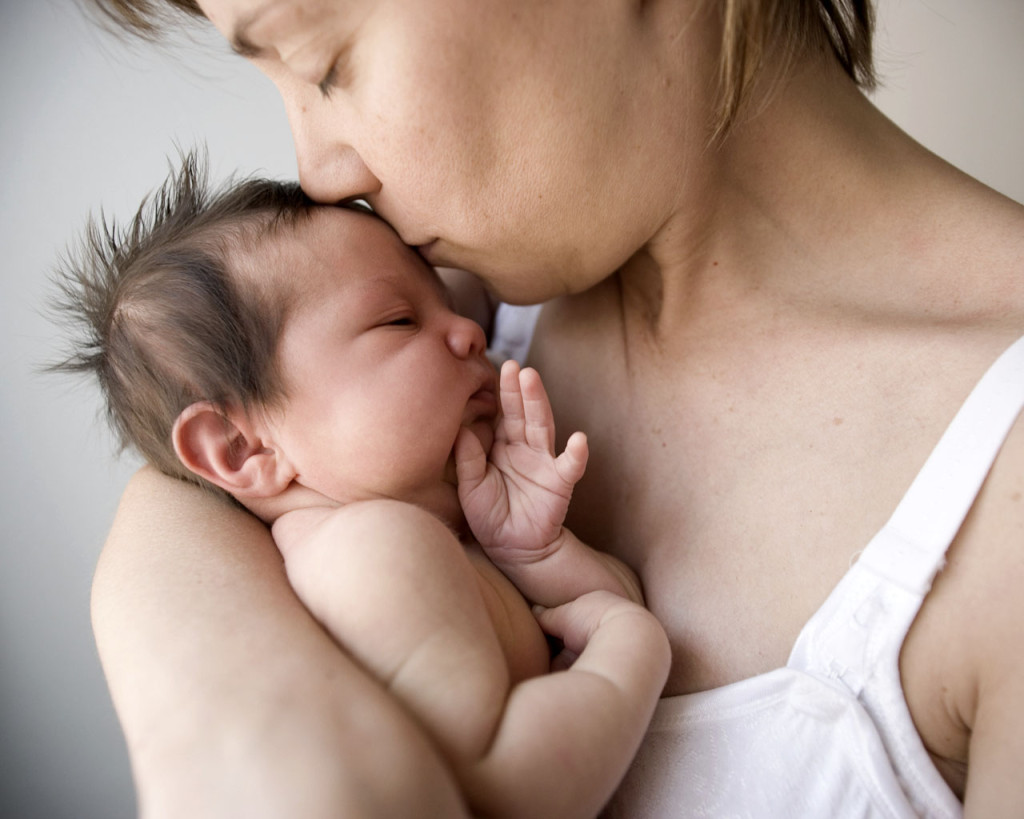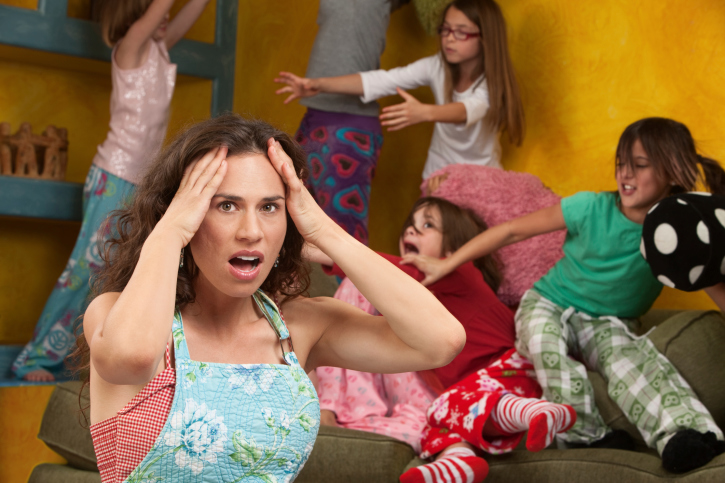“Baby’s are so precious” is a mindset that seems so ubiquitous, instinctive and ageless. But not so, as a book I’m enjoying called All Joy and No Fun: The Paradox of Modern Parenting points out.
Author Jennifer Senior notes that it wasn’t until the early 19th century that children were thought of as precious. With this came the existence of the high chair and institutions protecting child welfare. Thinking began to change. This is all within the last 100 years though. “Modern childhood was invented 70 years ago,” says Senior.
Early in the 19th century, parents in America were distinctly unsentimental about their children says Senior, not really even keeping them from harm. During the Industrial Revolution, young children were integral to the farm economy; yanking weeds by 5. Children were more likely to earn more money for their families than their mothers were, and wages of teen boys often outweighed their dads’.
Only after World War 2 did a childhood devoted to educational and emotional growth become standard for American children.
I’m not saying we should revert back to child labour or be inattentive to child safety. I just observe how new our child-centricity is and I see the possible effects on parents. A pregnant client recently worried out loud to me: “I’m concerned that if I’m upset it will hurt the ba by.” At other stages parents run themselves ragged to improve their children’s lives. Children deserve nothing less.
by.” At other stages parents run themselves ragged to improve their children’s lives. Children deserve nothing less.
Partly, I wonder if it’s because we’re aware of the effects of childhood wounding. We know personally what the impacts are in our own lives and from speaking with others (especially since we now can talk about it all with more acceptance). We also know something of research on parent-child relationships and, to improve the chances of raising a child without too much wounding, we are consciously trying to do everything to be respectful, engaging, conscious parents.
The added challenge of our age is that we’re sometimes not sure how to best prepare our children for this world of ours, let alone the one they will be growing up into. Raising a child to take up a role in society is not as simple as teaching Johnny to be a banker like Daddy, or a farmer, and so on.
What I often see are overly-stressed relationships with spouses.  Most of them have taken on the task of raising a family as a nuclear family duo. Many parents hold unreasonably high expectations of themselves. There are internal pressures, confusion regarding roles and desires, and emotional repression.
Most of them have taken on the task of raising a family as a nuclear family duo. Many parents hold unreasonably high expectations of themselves. There are internal pressures, confusion regarding roles and desires, and emotional repression.
Then there’s the changed dynamic of the family with all these empowered, precious children. No more is the traditional hierarchy, for better and for worse. Senior suggests the empowerment parents encourage can lead to children rejecting parental authority.
Changed roles
At the same time as the changing of the child’s place, the roles of parents also changed. When the pre-industrialised mother would have focused on providing educational, religious and vocational instruction, making clothes, tending to them if they got sick, now those jobs are largely farmed out to teachers, doctors, the army and other institutions. No more “family economy”. Senior points out that what’s left as a parenting role is harder to define. There are few guideposts for the modern parent.
Getting creative with community-based support
Personally I get interested in the identity of the emerging parent. I get interested too in how as a society we can create support systems to take the pressure off the couple (or single parent) by cultivating babysitting co-ops, quality affordable childcare, and other ways to get new parents regularly out of their living room playrooms with their lone child.
There are indeed some government-funded family centres, and some private companies offering services but I wonder about the next level.
- What would local, community-driven support systems look like?
- How about empowering people who want to open up their living rooms to other moms in the neighbourhood?
- What about promoting and expanding a resource sharing site like www.streetbank.com for example. (If you’re not on it join in!).
My point is that it’s the society at large that has to support this to make it accessible and viable for already stretched parents.
What creative community-based ideas do you have that might help families?



